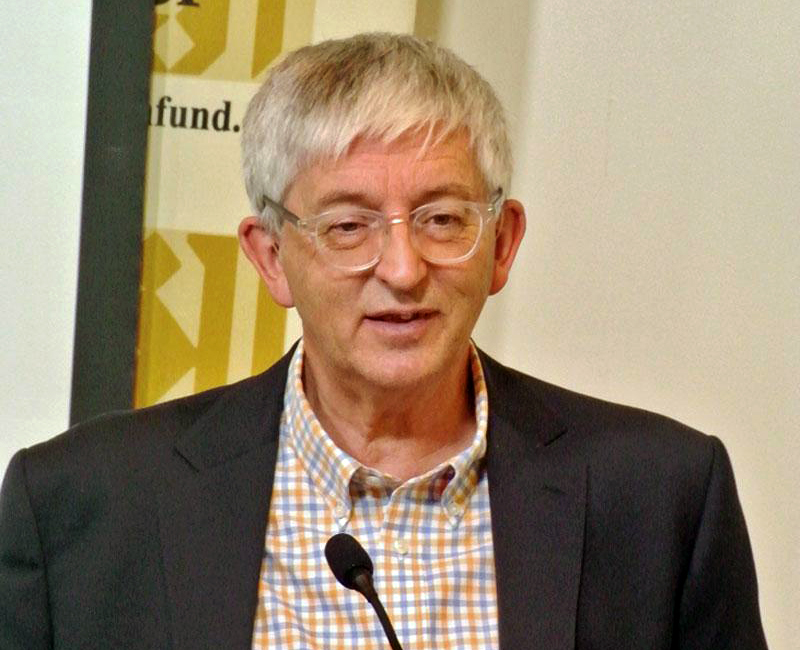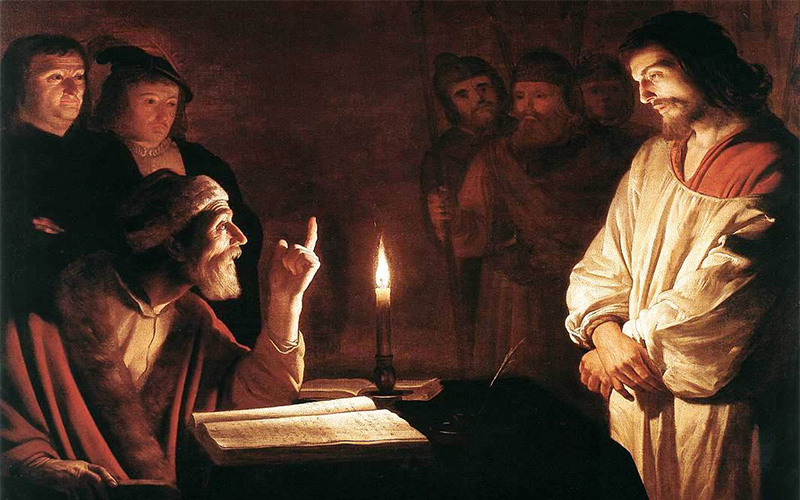 You would really have to be from a galaxy far, far away to not know that Star Wars: The Force Awakens has already set new box office records in the USA and the UK. Indeed the latest sci-fi drama is predicted to become the highest grossing film of all-time, perhaps succeeded only by the two anticipated sequels. Given its epic story and massive popularity, it is worth exploring why, for example in the 2011 UK Census 176,632 people described themselves as Jedi knights. The criteria are really quite appealing. 1) Fight evil. 2) Do good. 3) respect all life even if it is ugly and slithers. 4) rescue princess. 5) save planet. Clearly the mystical Force that binds all things together in Star Wars does not equate with the personal infinite Creator God revealed in Scripture. Nevertheless, those of us who firmly believe in the supernatural shouldn’t dismiss or discourage the conviction that all life is somehow divinely charged. Obi-Wan’s teaching that the Force “surrounds us, it penetrates us, it binds the galaxy together” strikingly mirrors the imagery of the Bible which reveals, “one God and Father of all, who is over all and through all and in all.” (Ephesians 4:6). In Paul’s letter to the Colossians he expands on this:
You would really have to be from a galaxy far, far away to not know that Star Wars: The Force Awakens has already set new box office records in the USA and the UK. Indeed the latest sci-fi drama is predicted to become the highest grossing film of all-time, perhaps succeeded only by the two anticipated sequels. Given its epic story and massive popularity, it is worth exploring why, for example in the 2011 UK Census 176,632 people described themselves as Jedi knights. The criteria are really quite appealing. 1) Fight evil. 2) Do good. 3) respect all life even if it is ugly and slithers. 4) rescue princess. 5) save planet. Clearly the mystical Force that binds all things together in Star Wars does not equate with the personal infinite Creator God revealed in Scripture. Nevertheless, those of us who firmly believe in the supernatural shouldn’t dismiss or discourage the conviction that all life is somehow divinely charged. Obi-Wan’s teaching that the Force “surrounds us, it penetrates us, it binds the galaxy together” strikingly mirrors the imagery of the Bible which reveals, “one God and Father of all, who is over all and through all and in all.” (Ephesians 4:6). In Paul’s letter to the Colossians he expands on this:
“For in him all things were created: things in heaven and on earth, visible and invisible, whether thrones or powers or rulers or authorities; all things have been created through him and for him. He is before all things, and in him all things hold together.” (Colossians 1:16-17)
There is much more to Star Wars than a cool new world with aliens, spaceships, hi-tech gadgets, a princess, and a darkly evil bad guy. We are drawn to a story of “an underdog who takes on an evil Empire of unsurpassed power, overwhelming technology, and unchecked authority” with impossible odds (Caleb Grimes). Josh Hayes observes, “This is how art works, it reflects and interprets life. We love stories because at some level we as human beings realize that we are part of one.” Because we bear God’s image, we have a sense of purpose, we believe history is going somewhere, that life matters.
Star Wars helps to awaken this sense that we participate in something greater than ourselves… “Most great stories, regardless of their creators’ intentions, mimic the Creator’s story and will on some level fit the template of creation, fall, redemption and new creation. Drama, of course, predicates on conflict and resolution, and God was the first to think up such a concept. Good versus evil. The hero against the villain. The underdog winning against the seemingly invincible. The light overcoming the darkness. There’s a reason these dynamics are repeated and yet never get old or go out of style. They are strangely familiar because they belong to the original story—God’s story, our story.” (Josh Hayes).
Star Wars: The Force Awakens, points us, however imperfectly to three profound truths written large in our Bible reading from John’s gospel tonight about God’s story – our story:
Continue reading →
 Delinda Hanley has written an article in the Washington Report on Middle East Affairs about a presentation I gave at the Jerusalem Fund in Washington DC in November last year.
Delinda Hanley has written an article in the Washington Report on Middle East Affairs about a presentation I gave at the Jerusalem Fund in Washington DC in November last year.
 How do we nurture our souls in a secular world? Historically, Christians have responded in two very contrasting ways:
How do we nurture our souls in a secular world? Historically, Christians have responded in two very contrasting ways:
 A presentation by Colin Chapman
A presentation by Colin Chapman Our Advent reading from Luke 3 introduces us to the three most important themes of the Bible. They can be summed up in three questions. The primary theme in the gospels concerns the identity of Jesus. “Who is Jesus?” The second theme has to do with the mission of Jesus. “Why did Jesus come?” The third theme has to do with the call of Jesus. “What does Jesus demand of us?” When you read the gospels thoughtfully – you discover that every event, every story, every quote, every conversation is about one of these three themes. It is asking or answering one of these three fundamental questions. About Jesus’ identity; his mission; and his call. Who is Jesus? Why did Jesus come? And what does Jesus demand of me? Let us try and answer these three questions this morning. Then we can celebrate Advent and look forward to the return of Jesus.
Our Advent reading from Luke 3 introduces us to the three most important themes of the Bible. They can be summed up in three questions. The primary theme in the gospels concerns the identity of Jesus. “Who is Jesus?” The second theme has to do with the mission of Jesus. “Why did Jesus come?” The third theme has to do with the call of Jesus. “What does Jesus demand of us?” When you read the gospels thoughtfully – you discover that every event, every story, every quote, every conversation is about one of these three themes. It is asking or answering one of these three fundamental questions. About Jesus’ identity; his mission; and his call. Who is Jesus? Why did Jesus come? And what does Jesus demand of me? Let us try and answer these three questions this morning. Then we can celebrate Advent and look forward to the return of Jesus. 


